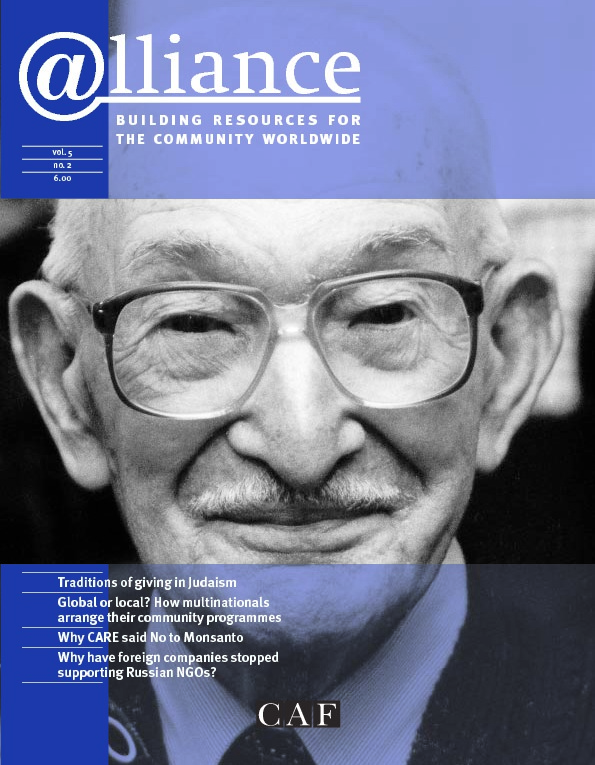What leads companies to take steps to become more ethical? Trying to answer this question is one of the most difficult tasks for a pressure group, and the benefit of hindsight often doesn’t help much. However, a few (necessarily simplistic) conclusions emerge from the past decade of campaigning.
The first is that external pressure has the effect of focusing the minds of decision-makers on the ethical issue in a remarkable way. This is not surprising, since campaigners can destroy a company’s hugely valuable reputation, estimated to comprise over one third of the total market value of the average company. The second is that a public relations ‘deny, delay, fudge’ response is not an adequate defence. The tenacity of campaigning groups, the power of the Internet and the integrity of some employees means that empty rhetoric will be exposed. Thirdly, real change requires companies to engage with the representatives of those affected, including NGOs.
What lessons can be drawn for NGOs? NGO roles vis-à-vis companies range from direct action and public campaigning to constructive dialogue and quasi-consultancies. From my experience, the role that is currently in short supply in the UK/Europe is external pressure, without which companies will have little incentive to come to the table with real commitment to change.
But perhaps the most important challenge we face collectively is to achieve a degree of cohesion, so our combined impacts are greater than our individual activities. This means there need to be some ground rules for NGOs. First, those engaged in external pressure should ensure that their credibility and that of other NGOs is not undermined by inaccurate or sensationalist allegations. The facts are usually sufficient.
Second, those engaging with companies must not allow their participation to be used as a form of legitimization or defence by the company. There are obviously huge pressures on NGOs to allow this to happen. But the financial or personal gains for individual NGOs can be achieved only at the expense of the overall movement for change. This is a classic case of the private (NGO) gain versus the public (collective) interest. May the public interest win.
Barry Coates is Director of the World Development Movement.
For more information about the World Development Movement, email wdm@wdm.org.uk or visit the website at http://www.wdm.org.uk


Comments (0)